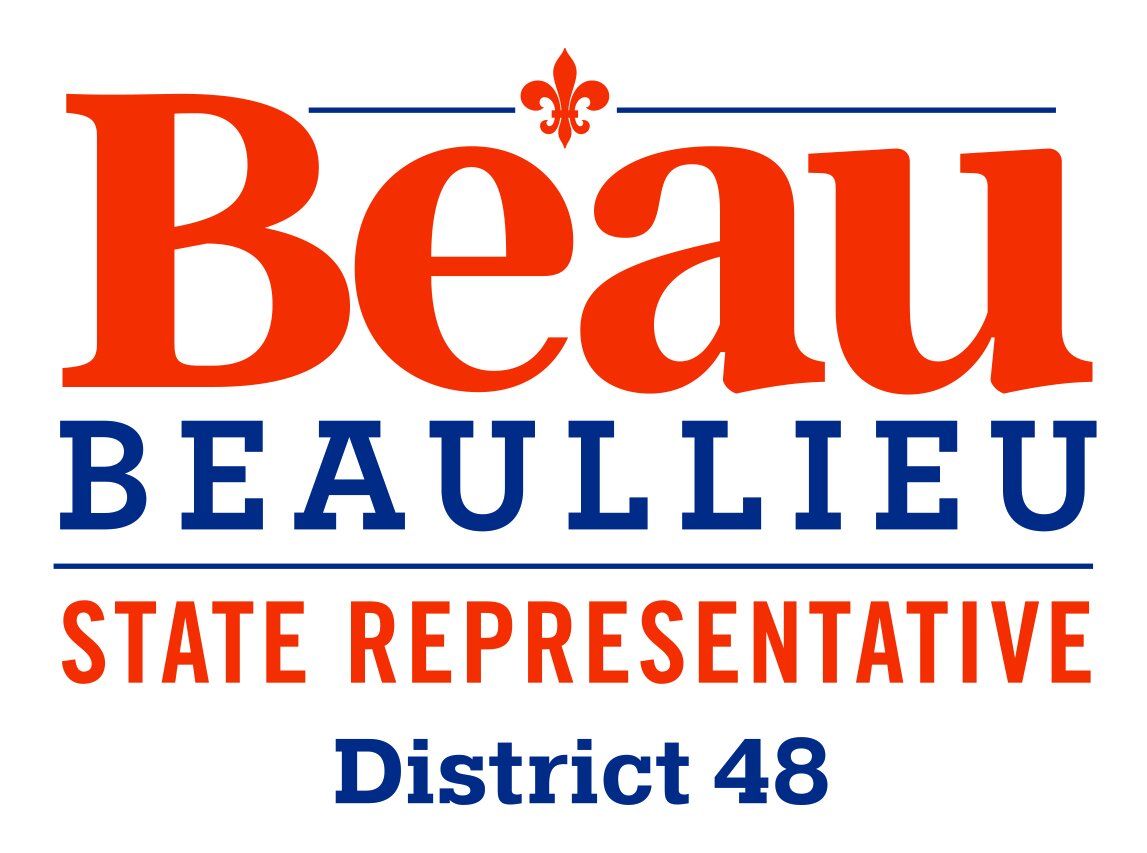In Louisiana and Arkansas, leaders are proving there’s a smarter way to bring down prescription drug prices—one that protects patients, supports local pharmacies, and targets the real drivers of inflated costs.
Louisiana’s PBM Reforms Put Patients First
Governor Jeff Landry has made reforming Pharmacy Benefit Managers (PBMs) a priority, calling out their role as “middlemen” who too often stand between patients and affordable medicines. In a recent address, Landry explained how PBMs can drive up costs—using spread pricing, steering patients to their own pharmacies, and keeping rebate dollars hidden instead of passing them to consumers.
Louisiana’s recent reforms are among the most comprehensive in the nation:
Ending spread pricing: PBMs can no longer reimburse pharmacies below their cost to acquire the medication.
Rebate transparency: Rebates negotiated with drugmakers must be passed directly to insurers or patients.
No more steering: Patients can choose where they fill their prescriptions without being forced into PBM-owned pharmacies.
Greater oversight: The Department of Insurance now has expanded authority to audit PBM contracts and practices.
Arkansas Takes on Insurance and PBM Practices
Arkansas Governor Sarah Huckabee Sanders has paired PBM reform with a strong stand against steep health insurance premium hikes. When Centene Corporation and Blue Cross Blue Shield proposed rate increases of 54% and 25.5%, Sanders called them “outrageous” and pressed her Insurance Commissioner to reject them under state law.
She also signed a first-in-the-nation ban on PBMs owning pharmacies, effective January 1, 2026—cutting off a major source of conflicts of interest.
Why PBM Reform Is the More Practical Path
Some in Washington have proposed national drug pricing mandates like the “Most Favored Nation” approach, which ties U.S. prices to those in other countries. While this might sound appealing, it doesn’t directly address the real, day-to-day issues patients face—like hidden PBM fees, limited pharmacy access, or rebate dollars not making it to the checkout counter.
PBM reform, on the other hand, tackles these problems head-on by increasing transparency, restoring competition, and ensuring savings actually reach consumers. It strengthens the market instead of relying on international price benchmarks that may not reflect American healthcare needs.
A Call to Louisiana’s Congressional Leaders
Louisiana and Arkansas have shown that meaningful reform can happen at the state level. Now it’s time to take these principles to Washington.
We encourage Speaker Mike Johnson, Majority Leader Steve Scalise, and Senator Bill Cassidy to champion federal PBM reform that:
Requires full transparency on rebates, fees, and spread pricing.
Ends self-dealing and patient steering.
Ensures fair reimbursement for all pharmacies.
By focusing on PBM reform, Congress can lower drug costs for consumers, protect local pharmacies, and preserve innovation, delivering results that heavy-handed national pricing schemes simply can’t match.
Alton Phillips







